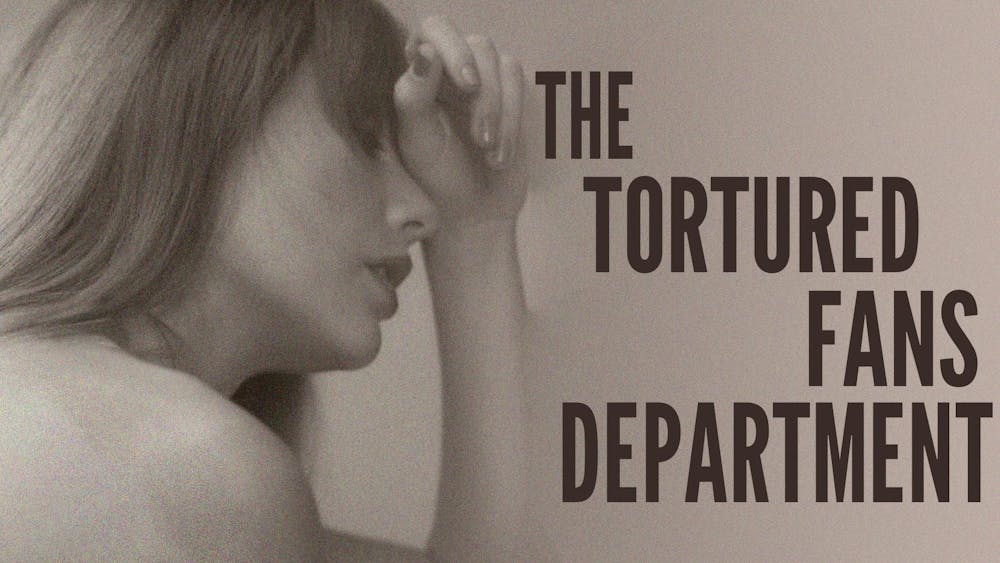"Bright Star", written and directed by Oscar winner Jane Campion, tells the story of poet John Keats and his sort-of lover, Fanny Brawne. Campion's lush and breathtaking rendering of this happy-then-tragic tale is sure to draw a lot of attention come awards season this spring. The film features an excellent script full of wit, passion and levity, is shot with a stunning eye, and the cast gives what must be some of the finest performances of their respective careers. Some may recognize Paul Schneider, otherwise known as Mark Brendanawicz from "Parks and Recreation," as well as Thomas Sangster, that cute kid from seasonal favorite "Love, Actually."
John Keats and Fanny Brawne's romance hardly seems like a whirlwind, but it comes out of nowhere. It is established early in the film with the clear attraction between the poet and the hopeful seamstress. But while their emotions progress quickly, their relationship is forced to remain stagnant as Keats has no living and therefore cannot marry.

As Keats, Ben Whishaw is generous and soft-spoken. But his love comes across powerfully in the slightest glance from his glassy eyes. The object of his affection, Fanny, is played remarkably by Australian actress Abbie Cornish. She has been garnering the most praise for her subtle portrayal of the untouchable object of a poet's affection. Her name will surely be heard frequently once March rolls around. Both actors manage to infuse a story about a love that cannot be, written in the heightened prose of the early 1800's, with humor and something that feels very much like real life.
To some, "Bright Star" is just another period piece where fancy costumes take the lead. But what Campion, Whishaw, Cornish and the rest of the cast and crew have managed to capture in this film is that feeling of real timelessness that so many other period pieces forget. It doesn't feel like the story of a couple living 200 years ago. It feels like a painful and fractured love affair that is compelling even to the most cynical modern audience. "Bright Star" never feels contrived, and it deserves more than the period-piece label attached to it.
In true period piece fashion, however, the scenery and cinematography do take a central role in the narrative. Campion's scenes, particularly those outdoors, are rich with the vibrancy and excitement of Keats and Fanny's natural surroundings, framing their love story with the flowers, tree and butterflies Keats so eloquently wrote about in his poems. The word ‘frame,' though, is significant. Campion's eye for detail simply adds to the story, never detracting or distracting from the central narrative.
"Bright Star," which played at the DeBartolo Performing Arts Center this past weekend, is an unexpected movie. Unexpected because, even in the height of their restraint, the passion that Keats and Fanny show for each other, physically, verbally and emotionally, seems so unlike that seen in other comparable period pieces. Despite their cold and distant outward appearances, their love is evident from the beginning, making the ending, when their feelings finally burst out of them, all the more heart-wrenching. This isn't "Pride and Prejudice" and this isn't "Titanic." It's a new love story that falls into so many different categories, but stands on its own nonetheless.
"Bright Star" will be released on DVD on Jan. 26, 2010.












